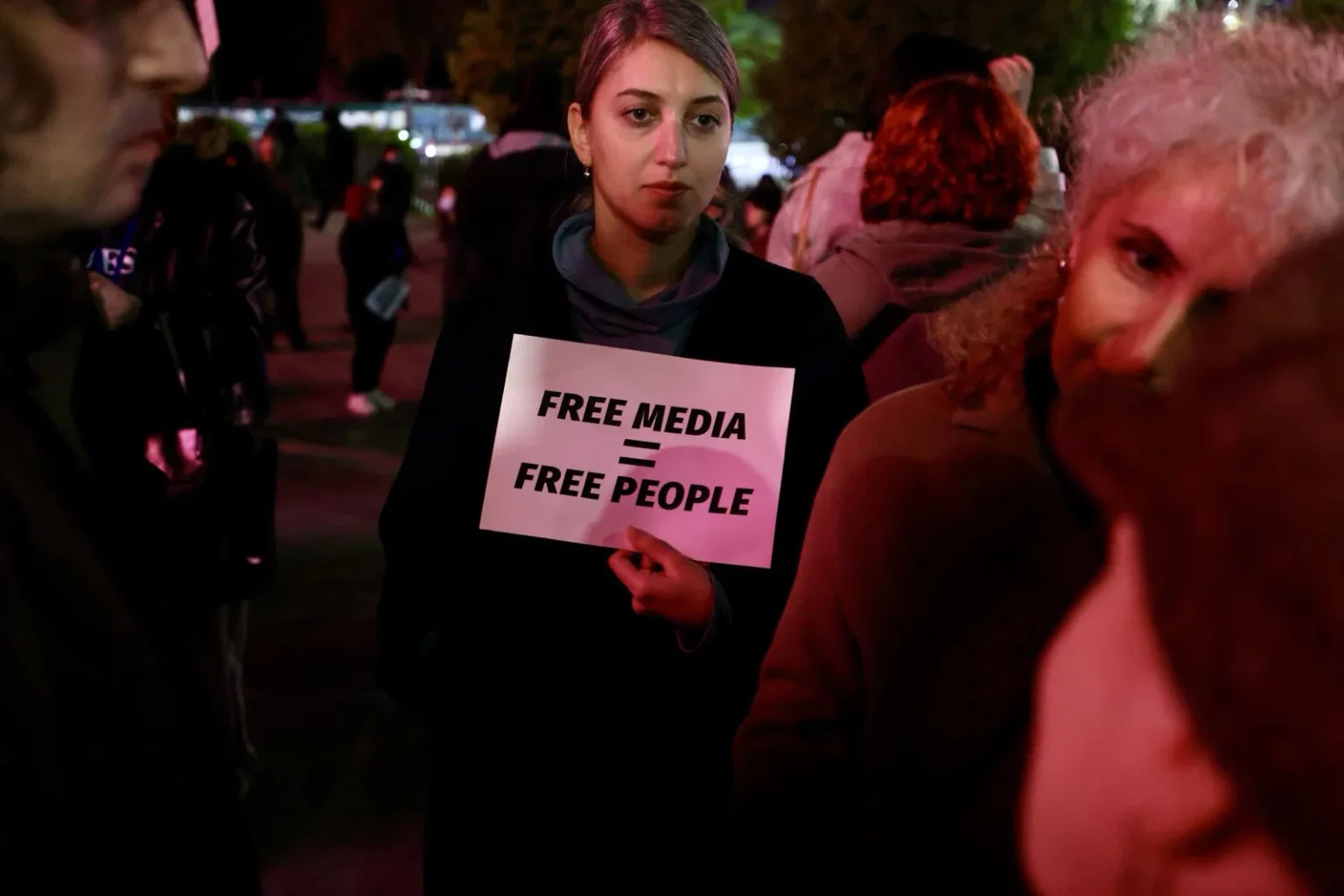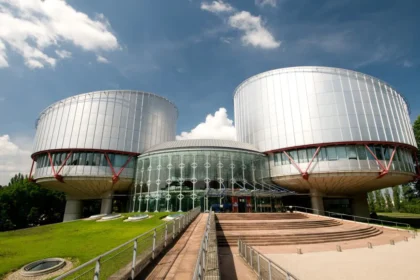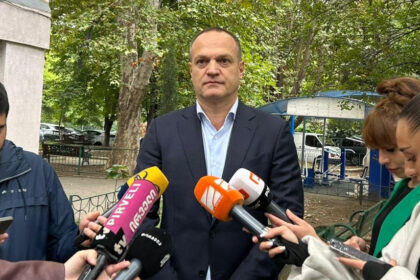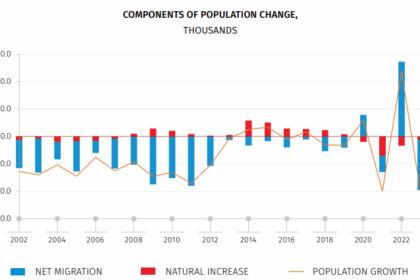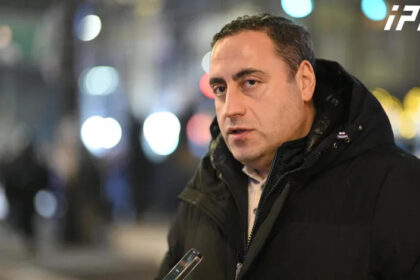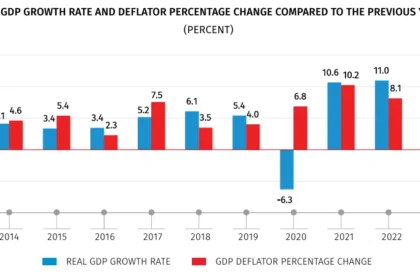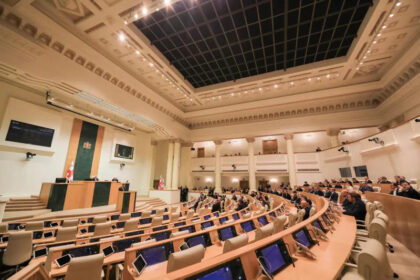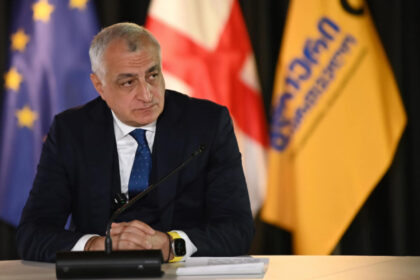**Georgia’s Ruling Party Accused of Repressing Journalists on World Press Freedom Day**
On the occasion of World Press Freedom Day, Transparency International (TI) Georgia has sounded the alarm over a worrying trend of repression against journalists in the country. According to a report by TI-Georgia, the ruling Georgian Dream party is using state institutions to target members of the press, reminiscent of authoritarian practices seen in countries like Belarus and Russia.
The report highlights 85 documented cases of violations against journalists in 2025, with 40% of them involving unlawful detentions and disproportionate fines. TI-Georgia warns that this trend poses a significant threat to media freedom in Georgia.
**Unlawful Detention of Journalists**
One high-profile case cited by the organization is that of Mzia Amaghlobeli, founder of online media outlets Batumelebi/Netgazeti, who was arrested during a pro-European protest on January 11-12. She faces four to seven years in prison for allegedly slapping a police chief.
TI-Georgia argues that Amaghlobeli is being punished not for committing a dangerous act, but for years of exposing the regime’s involvement in corruption and other illegal activities.
Other examples of unlawful detention include:
* Guram Murvanidze, cameraman of Batumelebi, who spent eight days in administrative detention. The organization argues that video evidence shows him performing his journalistic duties at the time of arrest.
* Lasha Jioshvili, a TV Pirveli cameraman, who was “violently and unlawfully detained” while returning from a protest. He was fined GEL 2,500 for allegedly disobeying a police order and an additional GEL 3,000 on May 1 for reportedly insulting a police officer in a Facebook post.
* Saba Sordia, an online outlet Indigo’s journalist, who was detained on April 6 despite clearly identifying himself as a journalist. He was taken to a pre-trial detention facility and held for up to 48 hours.
**Fines and Legal Designation as Offenders**
TI-Georgia also criticized the pattern of courts labeling journalists, often victims of police violence, as offenders.
The report cited the case of Sergi Baramidze, a Mtavari Arkhi cameraman, who was physically assaulted and detained during a November 19 protest in Tbilisi. The Court issued a verbal warning against him for disobeying a police order.
Similarly, on March 17, Tbilisi City Court found Aleksandre Keshelashvili, a journalist with Publika, guilty of disobeying police during a November 29 protest. TI-Georgia noted that Keshelashvili was allegedly beaten by riot police and required facial surgery as a result of his injuries.
**Fines for “Blocking Roads”**
The report also criticized the Ministry of Internal Affairs for what it called a “harmful practice” of fining journalists GEL 5,000 for allegedly “blocking roads” while covering events or protests. Since January, TI-Georgia has documented more than 20 such cases.
Although authorities typically halt proceedings once a journalist provides proof of professional status, TI-Georgia argued that the volume and frequency of fines contribute to a chilling effect and promote self-censorship.
**Commentary**
The targeting of journalists is part of the GD party’s ongoing repressive policy aimed at completely clearing and erasing the space for a free press in the country. Despite mounting pressure, TI-Georgia praises Georgia’s independent media for continuing to resist the GD’s repression and serve the public with limited resources.
In conclusion, the report highlights a worrying trend of repression against journalists in Georgia, reminiscent of authoritarian practices seen in countries like Belarus and Russia. The targeting of journalists is part of the GD party’s ongoing repressive policy aimed at completely clearing and erasing the space for a free press in the country.




